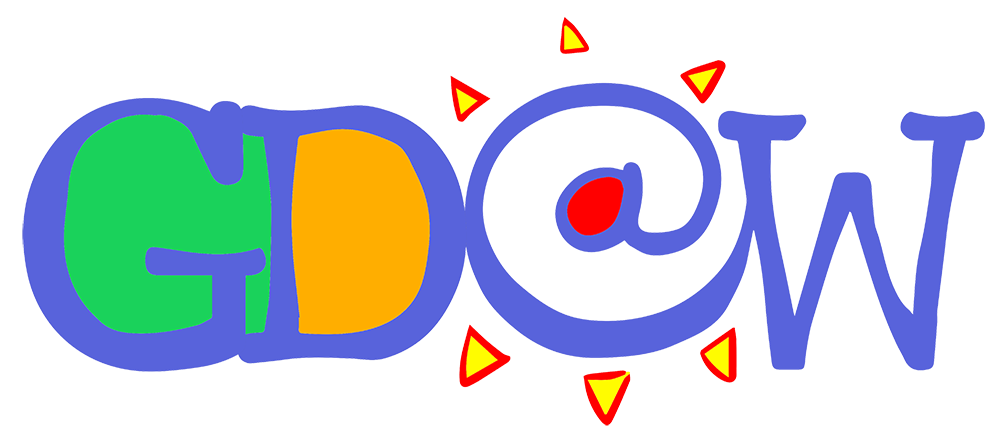
When it comes to focus and productivity, one of the biggest challenges we face is balancing responsiveness with deep work. Many of us struggle with focus, and there is a tendency to drop everything and respond immediately to calls, e-mails and requests rather than first finishing up the task-at-hand. Even when immediacy is not mission critical, businesses still tend to favor and reward responsiveness over deep work and sustained focus. Here are a few reasons we tend to prioritize responsiveness:
The term Deep Work was coined by Cal Newport. He wrote a book about it, in case you're curious. The essence of "Deep Work" is that in order to excel at something, you must give it your full, uninterrupted attention for long stretches of time.2 "Long stretches of time" might mean days or weeks for some. For others, it might just mean dedicating a few hours a day to deep work. Cal Newport identifies writers, academics and computer programmers as some of the professions that require time for Deep Work, but the need for Deep Work is not unique to these professions. Most of us, regardless of our field, at some point, need time to sit and focus on writing a document, learning a new skill, researching a blog post or whatever it might be.
In general, responsiveness a.k.a. task switching b.k.a. multitasking comes at a cost. Studies have shown that quickly switching back-and-forth between tasks is less efficient than completing tasks in sequence.3 Studies focused on media multitasking have revealed negative effects on our cognitive functions including: attention and memory.4
Setting aside the science and research, though, observation and personal experience has taught me that when we don't get the uninterrupted time that we need for deep work, it has a negative impact on our work and happiness.
All of this leads to general discontent, unhappiness, loss of time (a.k.a. money), and a failure to spend time on important things like strategy and growth.
There is always a balance to be found. Quick, urgent and immediate action is important. Thoughtful and deep work is just as important. It's in quick and immediate action that we tend to the needs of the present. It's in deep work that we build and plan for the future.
The deep work, however, usually gets the short end of the stick. It's the deep work that gets bumped for urgent, quick turnaround tasks. Therefore, organizations should rethink their relationship with deep work and support the needs of their deep workers. Here are some ideas that you and your organization can use to support deep work.
Put it in writing. Create a standard response-time policy that defines customer service SLA's, sets expectations for internal communication and include language that supports deep and focused work. Put it in the employee handbook. Put it in job descriptions. Let your organization know that focused, distraction-free work is encouraged, supported and rewarded.
Organize around it. When building your team, differentiate between quick-response roles and deep work roles. Put some thought into job descriptions. Know which roles are quick-responders, which roles are deep workers and which roles are a hybrid -- needing time for both. Hire accordingly. Assign responsibilities, goals and tasks accordingly. In general, support both the quick-turnaround and deep work team members in the different ways that each needs.
Put policy into practice. Continually encourage your deep work team members to create focused time for themselves. Give them the tools that they need to reserve time for focus and to communicate their schedule and availability. Consider instituting meeting blackout periods for these team members. Reward deep work equally and on par with quick-turn around work.
Footnotes